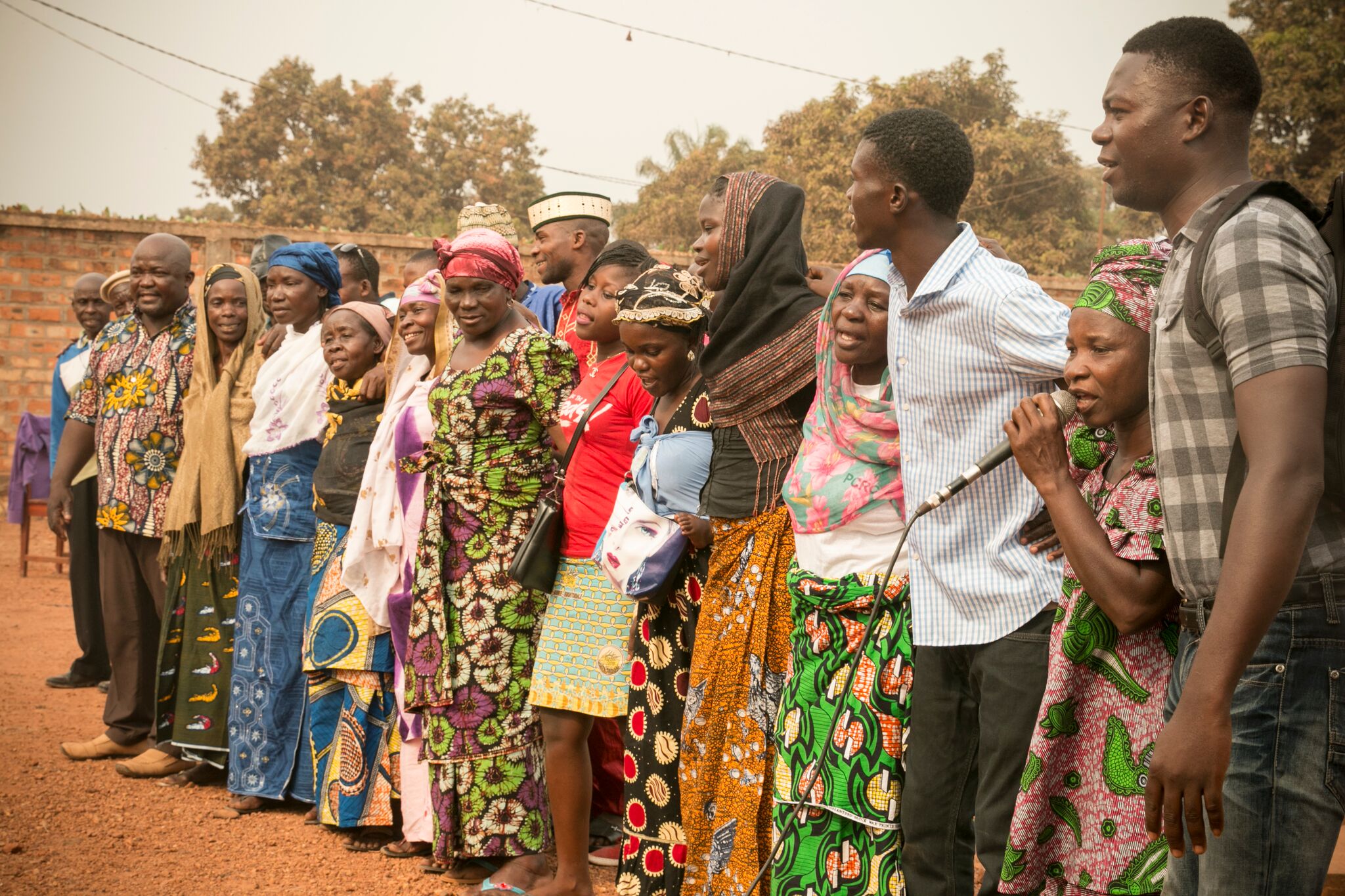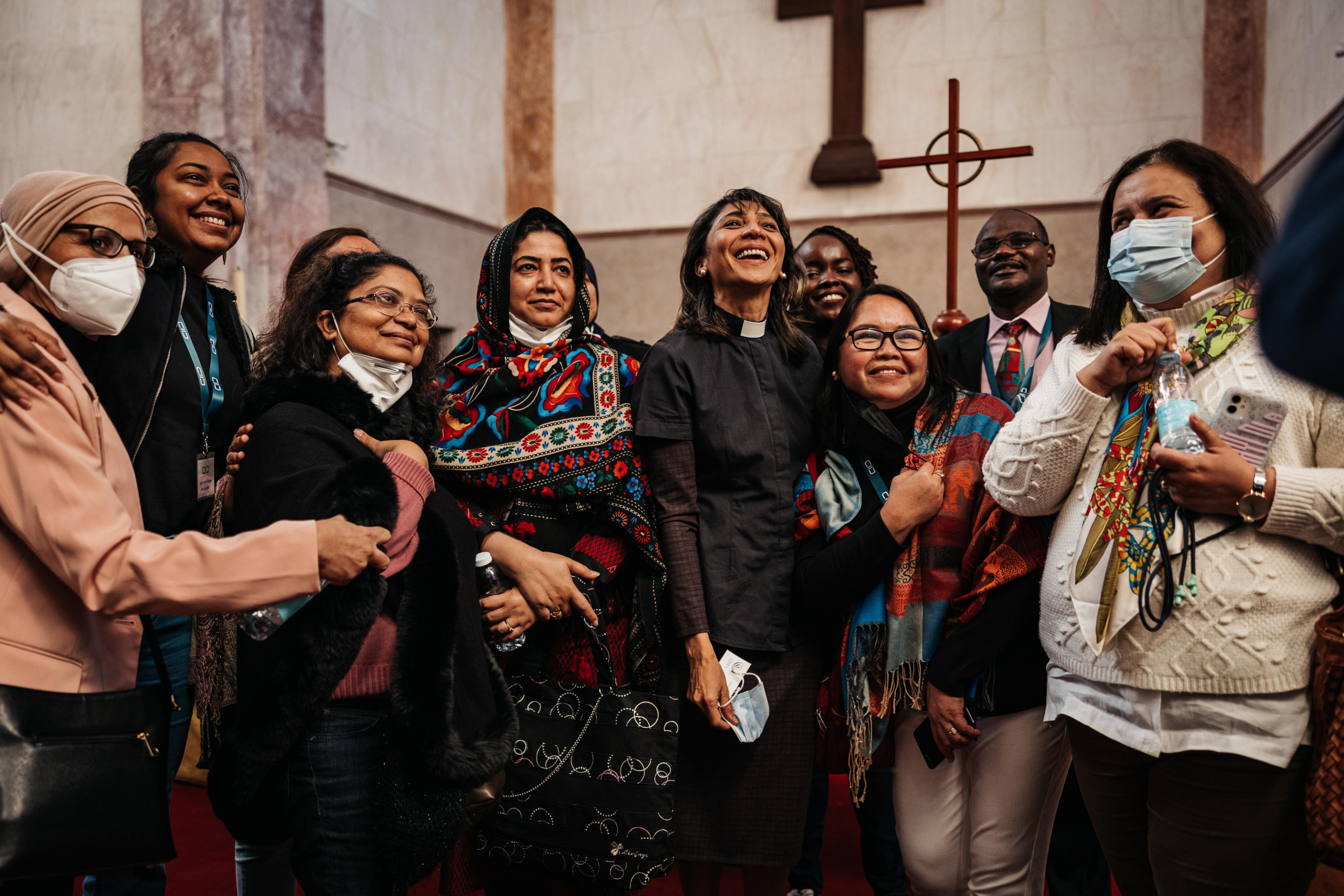Dialogue Voices
The Dialogue Voices are personal accounts of interreligious commitment and experience. They show approaches to, and forms of, interreligious dialogue, and its impact and context on a local, national, or global level. They represent a cross-section of dialogue experiences and its impact worldwide.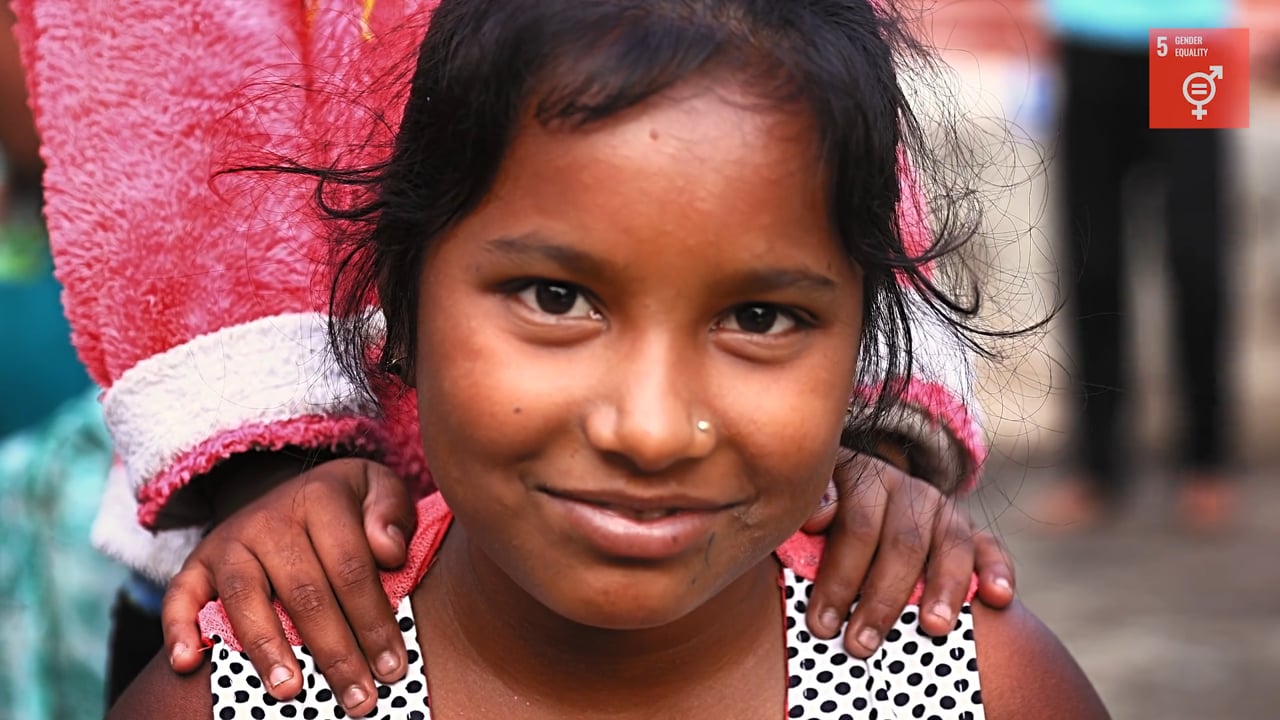
India: Equal Rights and Opportunities for Women and Girls
Women and girls are routinely denied equal access to education, health care, decent work, and fair wages. These barriers to opportunity help explain why only about one in four national parliament seats and managerial positions are held by women, leaving their views and concerns woefully underrepresented in decision-making processes. Taken together, the social, economic, and political inequalities that limit women’s potential have undeniably hindered our ability to achieve sustainable development.
One of the biggest obstacles to gender equality is early marriage, which disproportionately affects girls. In 2019, one in five young women was married in childhood. At least 1.5 million girls under the age of 18 get married in India each year, accounting for a third of the world’s child brides. Child marriage violates children’s rights and puts them at higher risks of violence, exploitation, and abuse. For most child brides, marriage also means the end of formal education, severely crippling their ability to develop knowledge and skills needed to help lift their families and communities out of poverty.
Goal 5 aims to achieve gender equality and empower all women and girls. Success means eliminating discrimination, violence, and other harmful practices that affect them including trafficking, exploitation, genital mutilation, and early/forced marriage. This requires universal access to sexual and reproductive health and rights so that women can make their own decisions. Unpaid care and domestic work, which women perform at a rate three times higher than men, should be recognised, valued, and shared within households and families. Balancing these duties and giving women equal rights and access to resources will increase their leadership opportunities in political, economic, and public life. To achieve these targets, governments should adopt and strengthen sound policies and enforceable legislation promoting gender equality and women’s empowerment at all levels.
Religious leaders and faith-based organizations have critical roles to play in ending child marriage and achieving gender equality. As trusted authorities capable of influencing positive change in their communities, more and more faith leaders are refusing to perform child marriages and using their sermons and teachings to raise awareness about its harmful effects. They’re also collaborating with development actors and publicly working to find solutions that empower women and girls and champion their dignity and human rights.
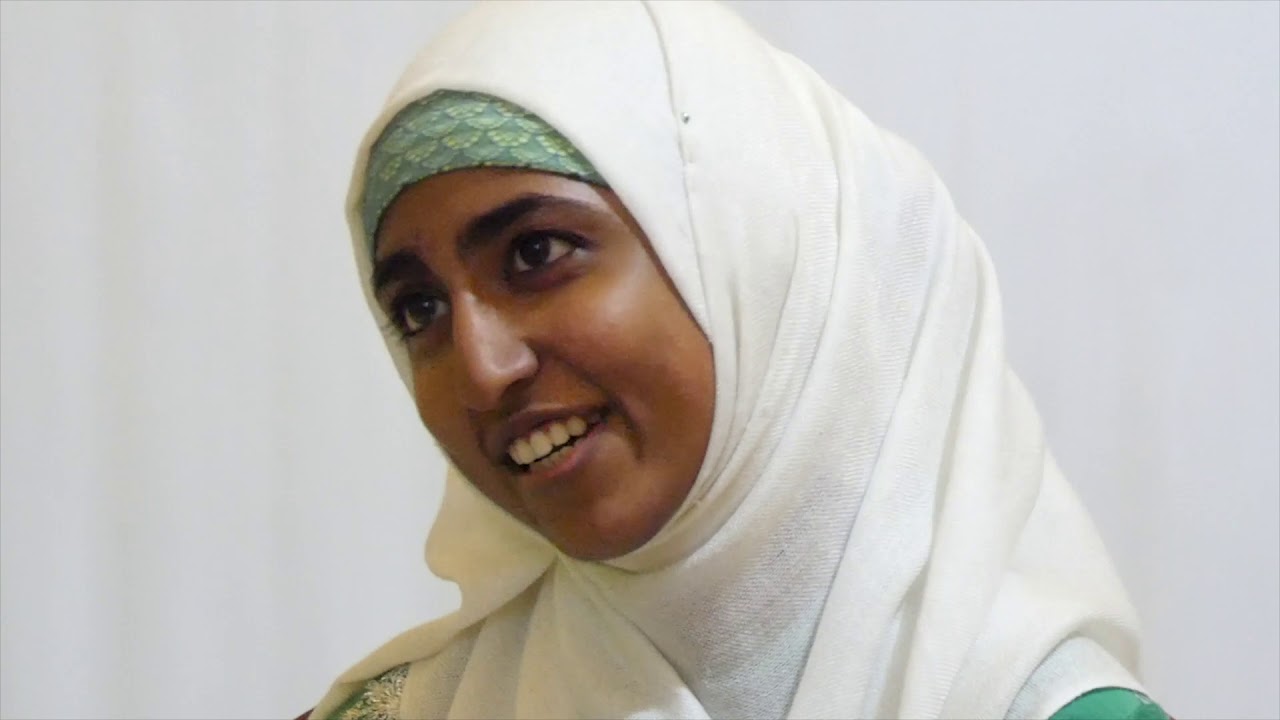
Iftar Party Helps Overcoming Misconceptions about Islam
Fareenah Maria is the youth representative of United Religions Initiatives (URI), a global grassroots interfaith network whose headquarters are located in India and Sri Lanka. Among all the different activities that URI brings forward, such as youth development training and programmes for women empowerment, the “Iftar Party” has revealed itself to be a unique occasions, where multitude of people from different faiths join the Iftar, the evening meal with which Muslims end their daily Ramadan fast at sunset.
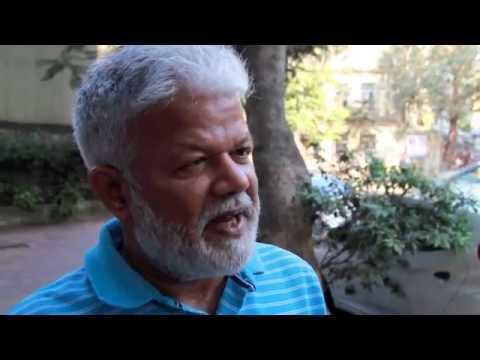
Striving for Peaceful Coexistence in India
Anand Gokani speaks about living together, modernity and the possible drifts of a society that would rest only on individualism. He especially calls for young people to strive towards a world where humankind lives peacefully together.
Anand Gokan is the great-grand son of Mahatma Gandhi and works as a physician and diabetologist. He supports and promotes a wholesome and sustainable approach to health and healing.
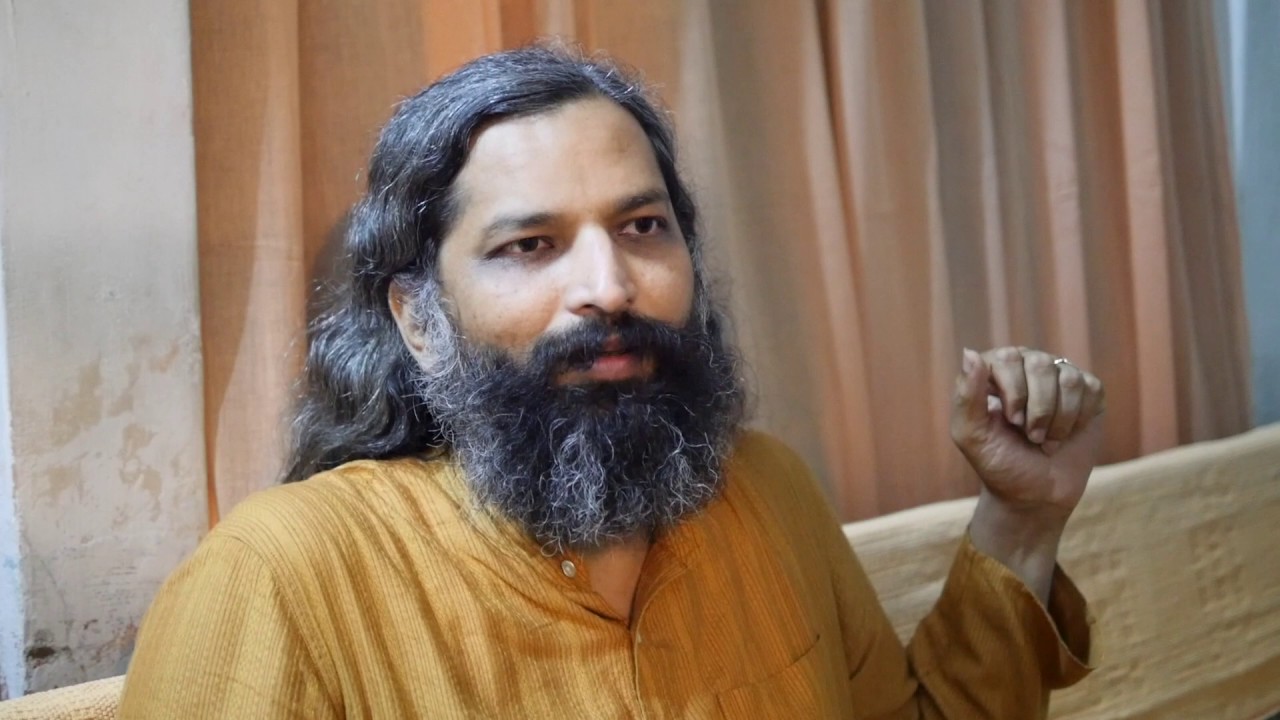
Interfaith gatherings in India
Sraddhalu Ranade speaks about his first interfaith experience and his view on the current state of interfaith dialogue.
Sri Aurobindo Ashram is a spiritual community located in Pondicherry, India. Sraddhalu Ranade has personally been involved in interfaith dialogue over the past ten years. He credits his involvement in interfaith dialogue thanks to the Global Peace Initiative of Women. Sraddhalu Ranade explains the different biases he perceives in today’s interfaith dialogue. He also speaks about the importance of attending interfaith gatherings because they have taught him to appreciate the depths of other religious traditions.
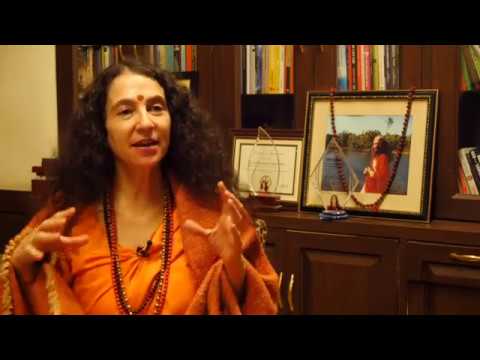
Safe drinking water initiative – engaging many faiths in India
Shadvi B. Saraswati speaks about the deadly cost of lack of water sanitation and hygiene in many parts of the world. She also stressed the importance of religious leaders focusing on projects and programs rather than just focusing on words and values.
Global Interfaith WASH Alliance is the world’s first initiative that is engaging the planet’s many faiths as allies in efforts to create a world where every human being has access to safe drinking water, improved sanitation and proper hygiene. Shadvi B. Saraswati explains that more people suffer and die from lack of water sanitation and hygiene than from almost all forms of violence combined. In addition to their interfaith work, Global Interfaith WASH Alliance is heavily focused on creating the conditions for people to be able to access to safe drinking water.

